Department of Behavioral Sciences and Leadership
Antecedent Departments
Psychology (1956–1958)
Leadership Studies, under Commandant (1958–1961)
Psychology (1961–1962)
Behavioral Sciences (1962–1965)
Psychology and Leadership (1965–1971)
Life and Behavioral Sciences (1971–1975)
Behavioral Sciences and Leadership (1975–Present)
|
Department Heads
| 1956–1958 | Lt Col Fred E. Holdrege Jr. |
1958–1961 | Lt Col Gabriel D. Ofiesh |
1961–1964 | Col Herman F. Smith |
1964–1968 | Col Henry E. Wojdyla |
1968–1970 | Col Joseph M. Madden |
1970–1971 | Col Robert E. Stackhouse |
1971–1975 | Col Peter B. Carter |
1975–1985 | Col John L. Williams Jr. |
1985–1992 | Col Richard L. Hughes |
1992–1993 | Col David B. Porter |
1993–1995 | Col Hughes |
1995–2001 | Col Porter |
2001–2002 | Lt Col Robert J. Jackson |
2002–2004 | Col Dana H. Born |
2004–2010 | Col Gary A. Packard Jr. |
Spring 2011 | Col Randall W. Gibb |
2011–2016 | Col Packard |
2016– | Col Joseph D. Looney |
|
 |
Permanent Professors
Pete Carter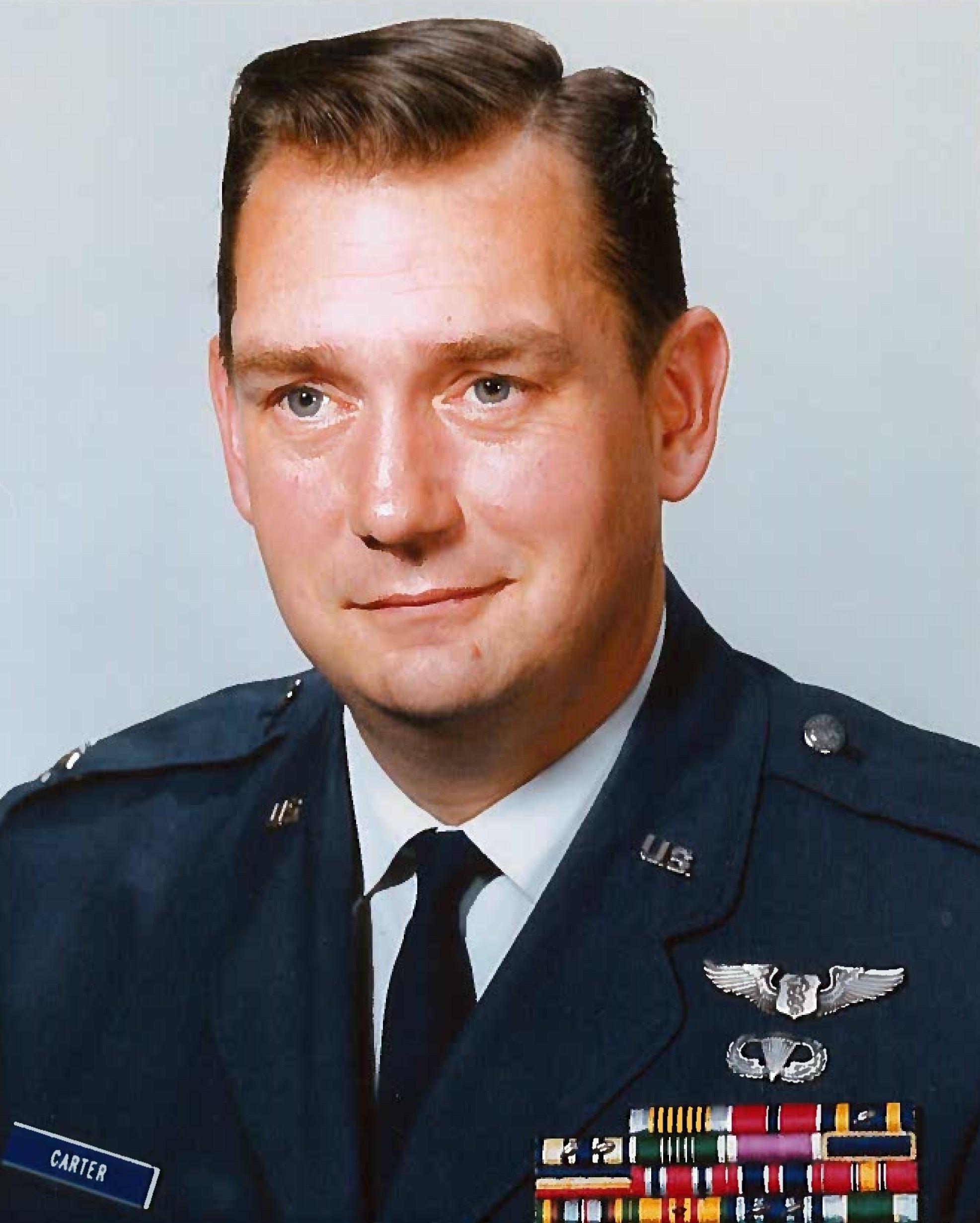 | John Williams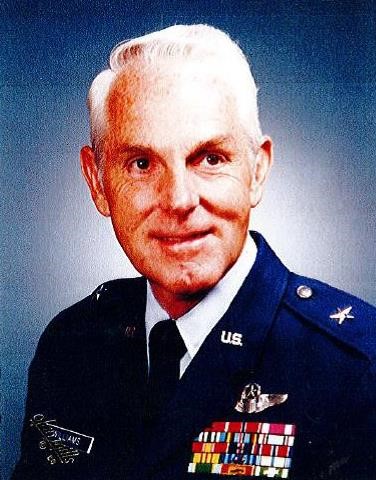 |
| |
Rich Hughes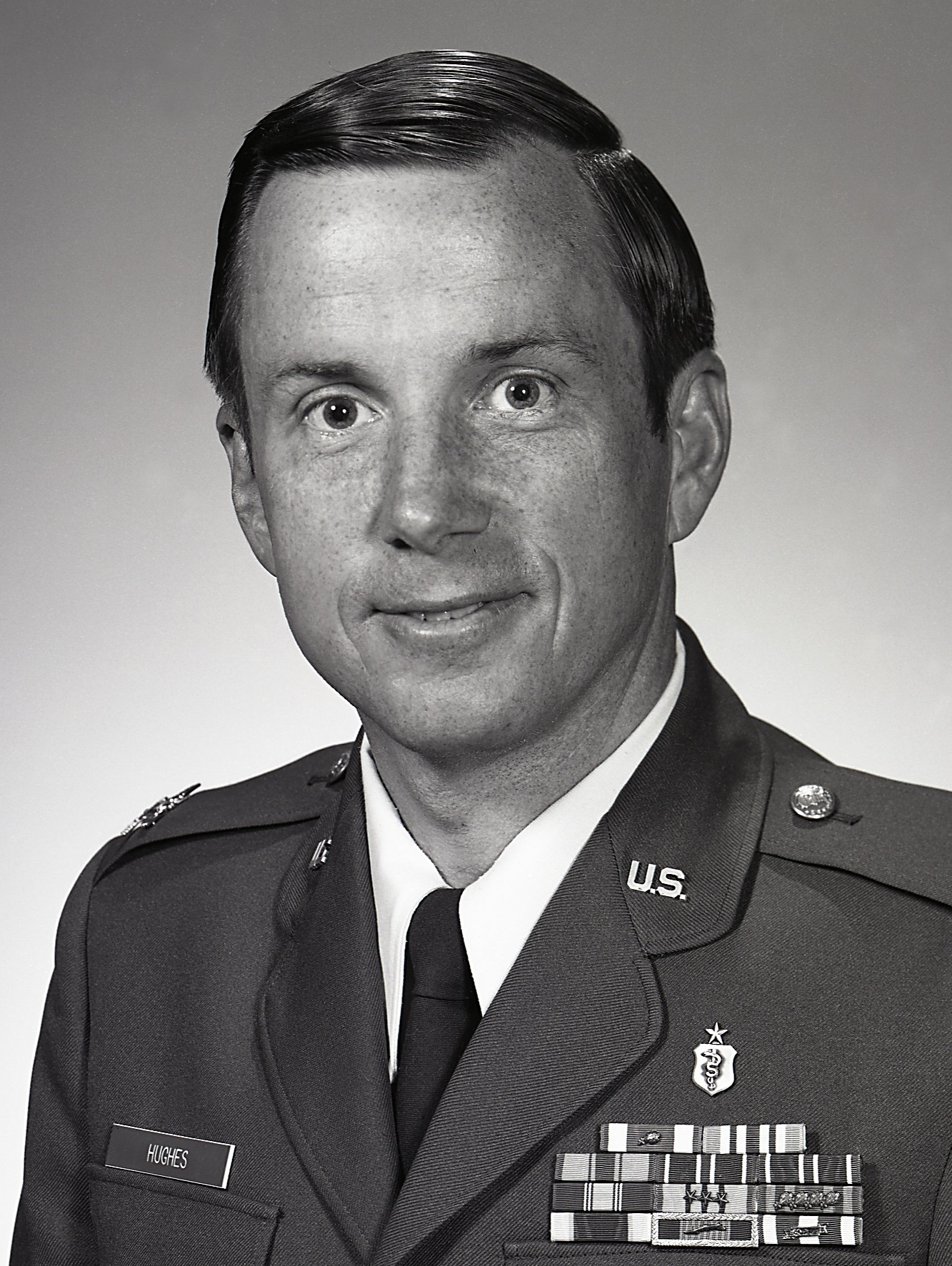 | Dave Porter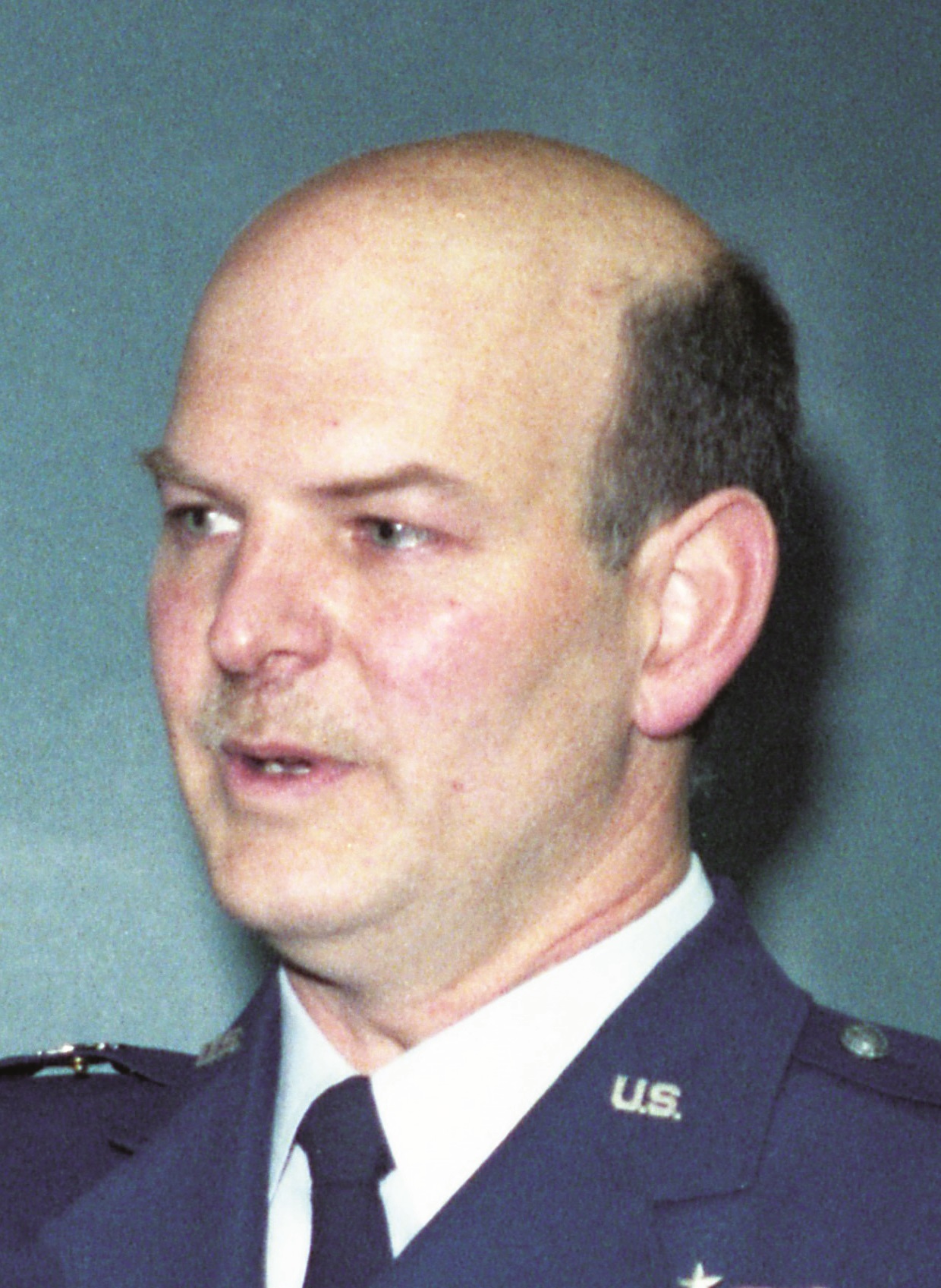 |
| |
Dana Born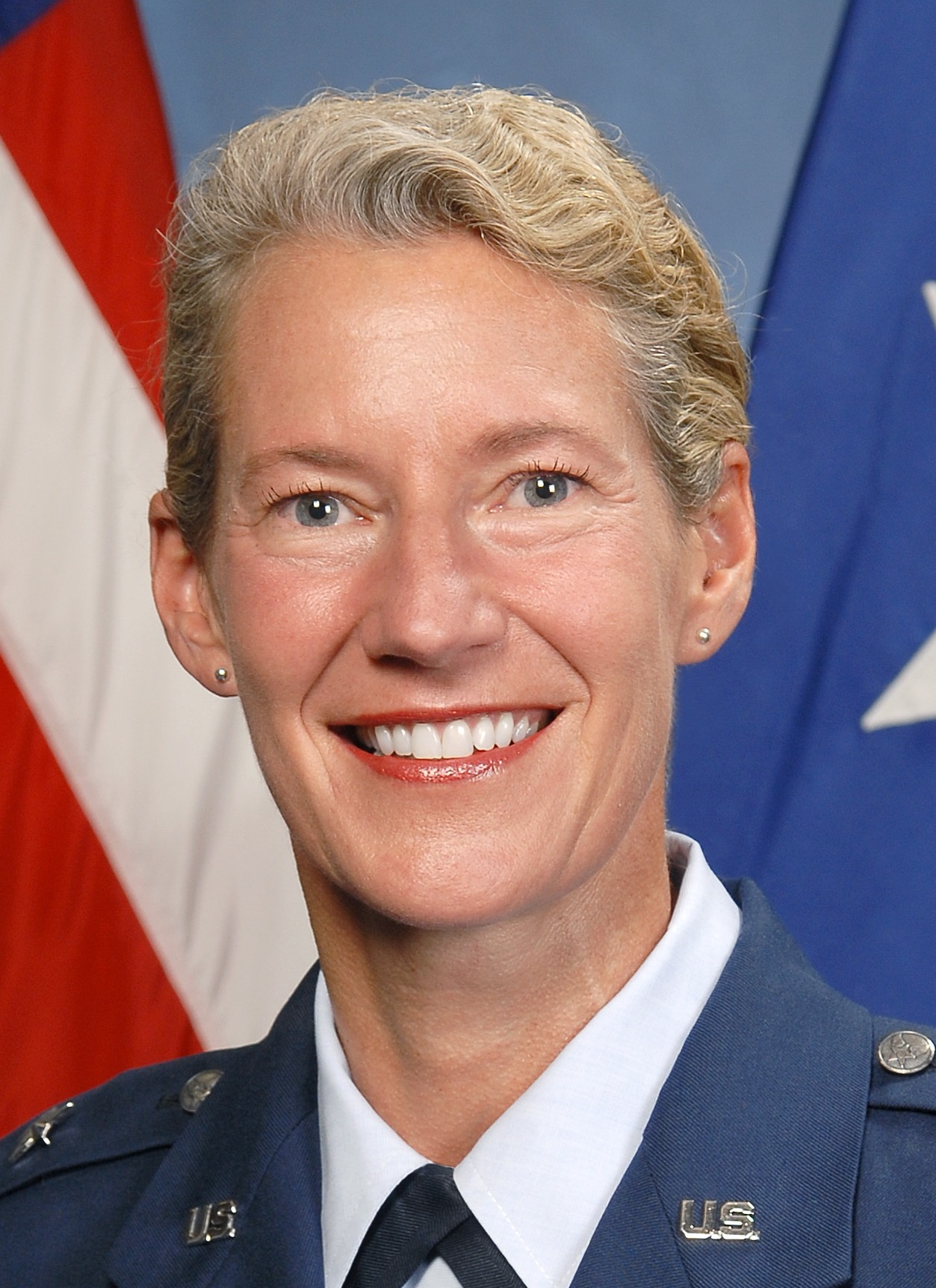 | Gary Packard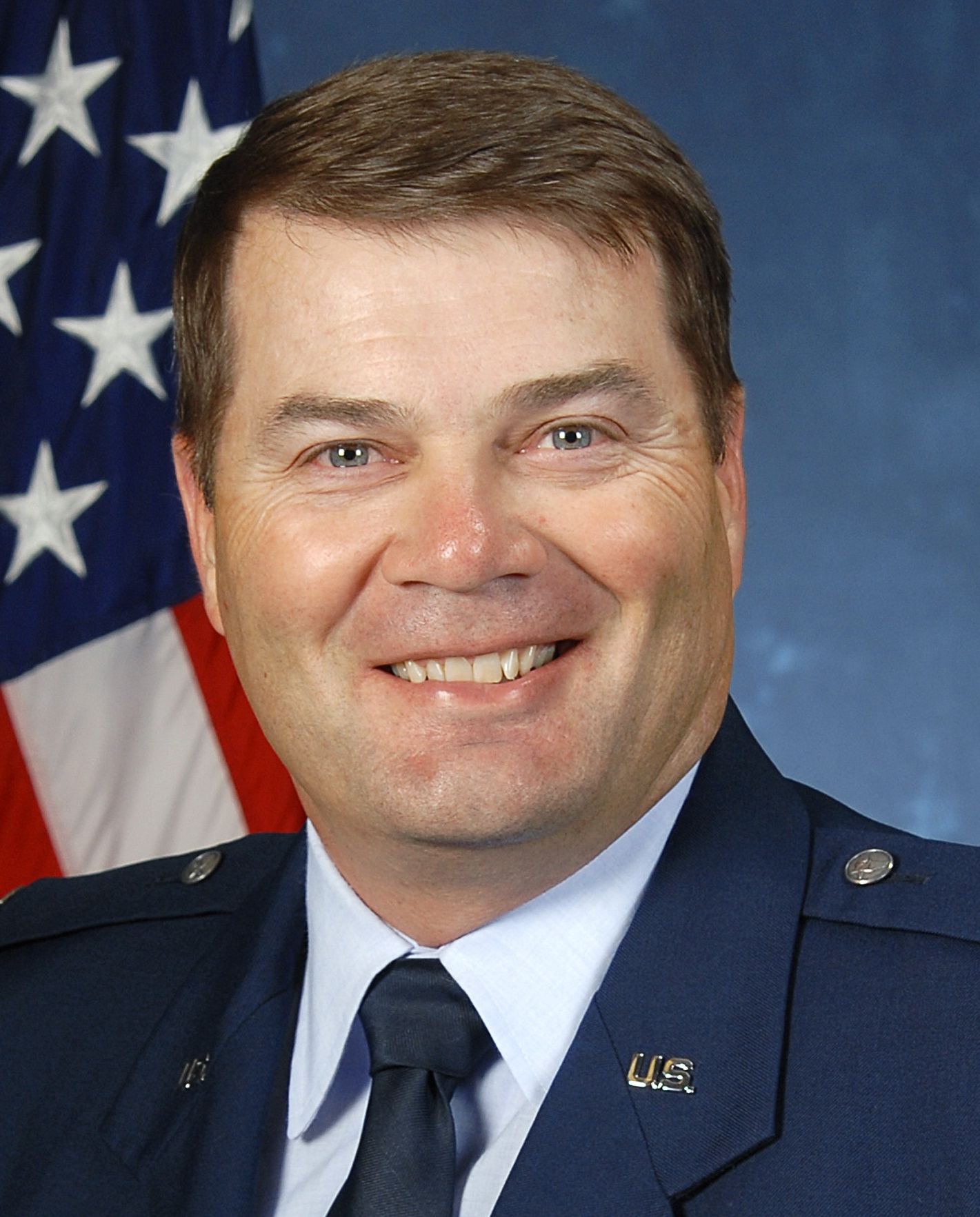 |
| |
|
The Department Today:
The study of Behavioral Sciences lays the scientific foundation for understanding of self and one’s ability to work with others. This understanding is conveyed to cadets through study of behavior and mental processes across diverse levels of analyses, emphasized through topics such as perception, cognition, learning, memory, social interactions, mental health issues, and the biological basis of behavior. Majors choose concentration in one of several areas: Clinical/Counseling Psychology, Experimental Psychology, Leadership, Sociocultural, Human Factors, or Health Professions.
Curriculum:
The department offers 25 courses in Behavioral Sciences and supports courses in Social Sciences.
Core Courses:
Officership 100-400. Leadership
Beh Sci 110. Introduction to Behavioral Science
Beh Sci 231. Basic Research Methods and Statistical Tools (core option)
Beh Sci 360. Sociology (Advanced Sociocultural Choice)
Majors: Behavioral Sciences
Systems Engineering (Interdisciplinary)
Noteworthy:
The department is a national leader in the areas of respect for human dignity, diversity, inclusion, gender equity, and race relations. They have contributed to the national dialogue in multiple social justice arenas such as religious respect, sexual assault prevention, racial equality, Don’t Ask, Don’t Tell repeal, and transgender military service. The Warfighter Effectiveness Research Center, the research arm of the department, is dedicated to facilitating faculty and cadet research in the behavioral sciences that enhance warfighter effectiveness. Collaborators include government laboratories, academia, industry, and military operators. The department is a leader in the Air Officer Commanding Master’s Degree Program (through partnership with the University of Colorado, Colorado Springs) and the Cadet Commander’s Leadership Enrichment Seminar (partnered with the Center for Character and Leadership Development).





